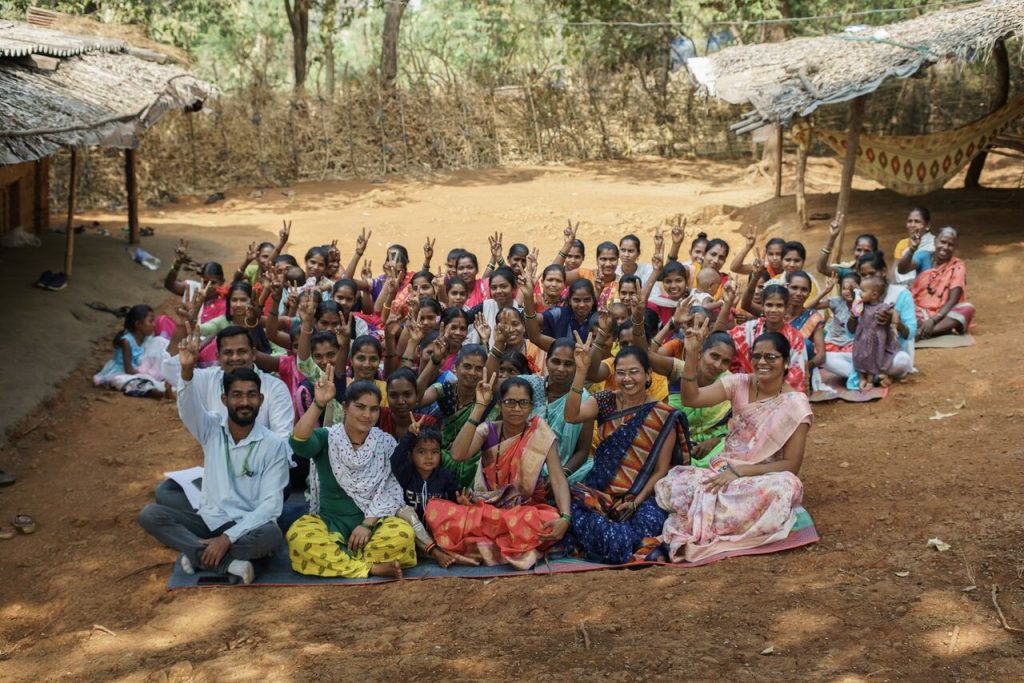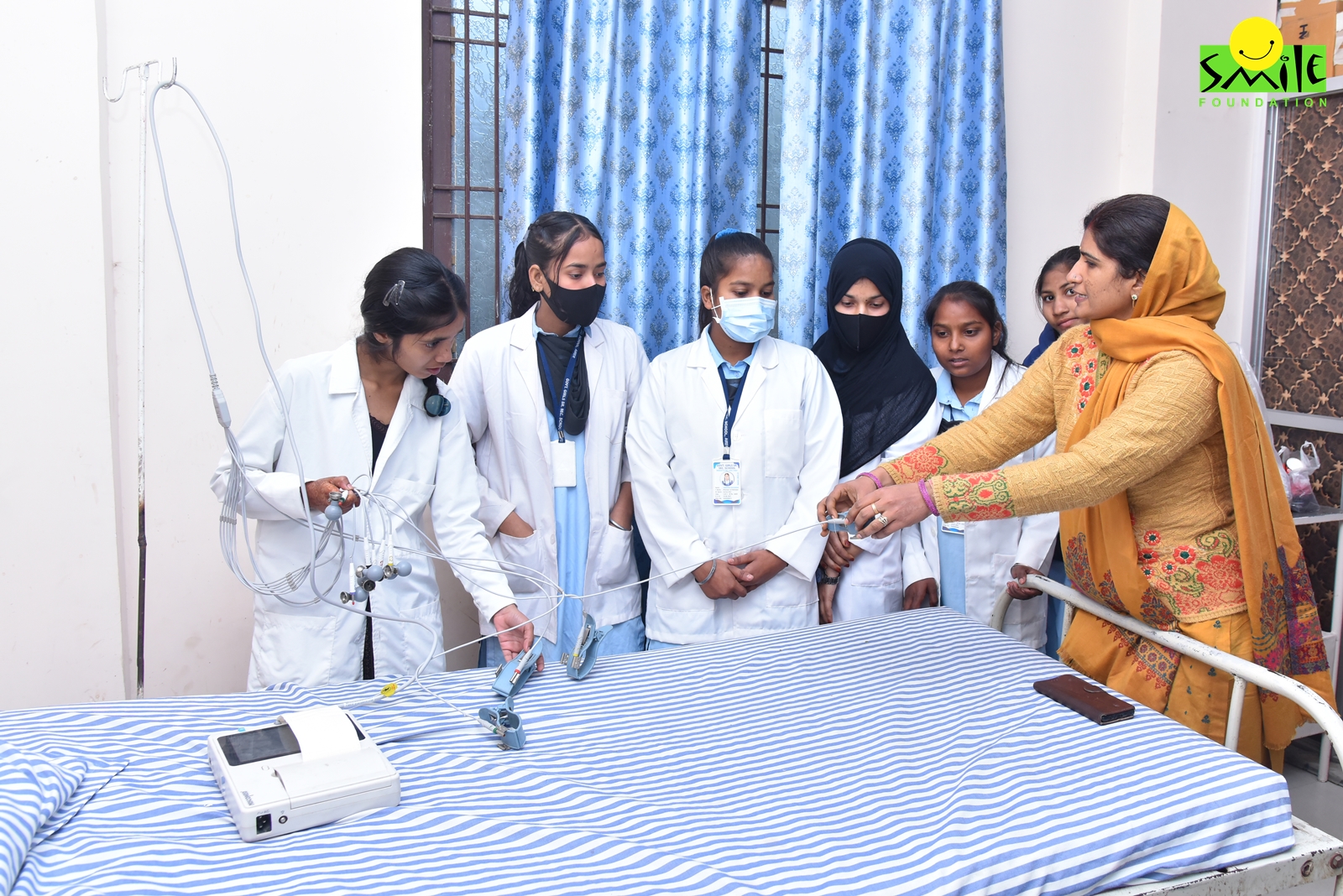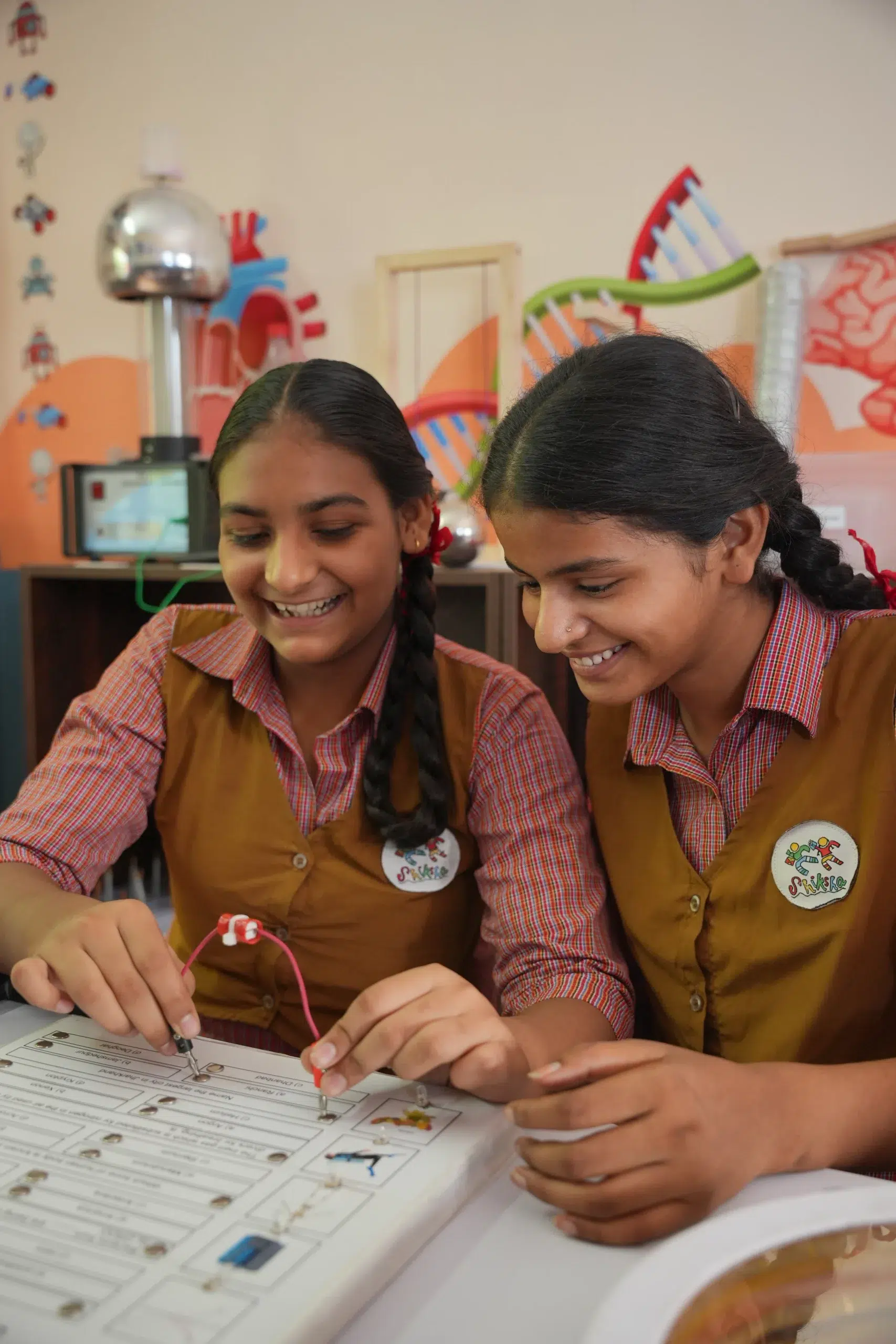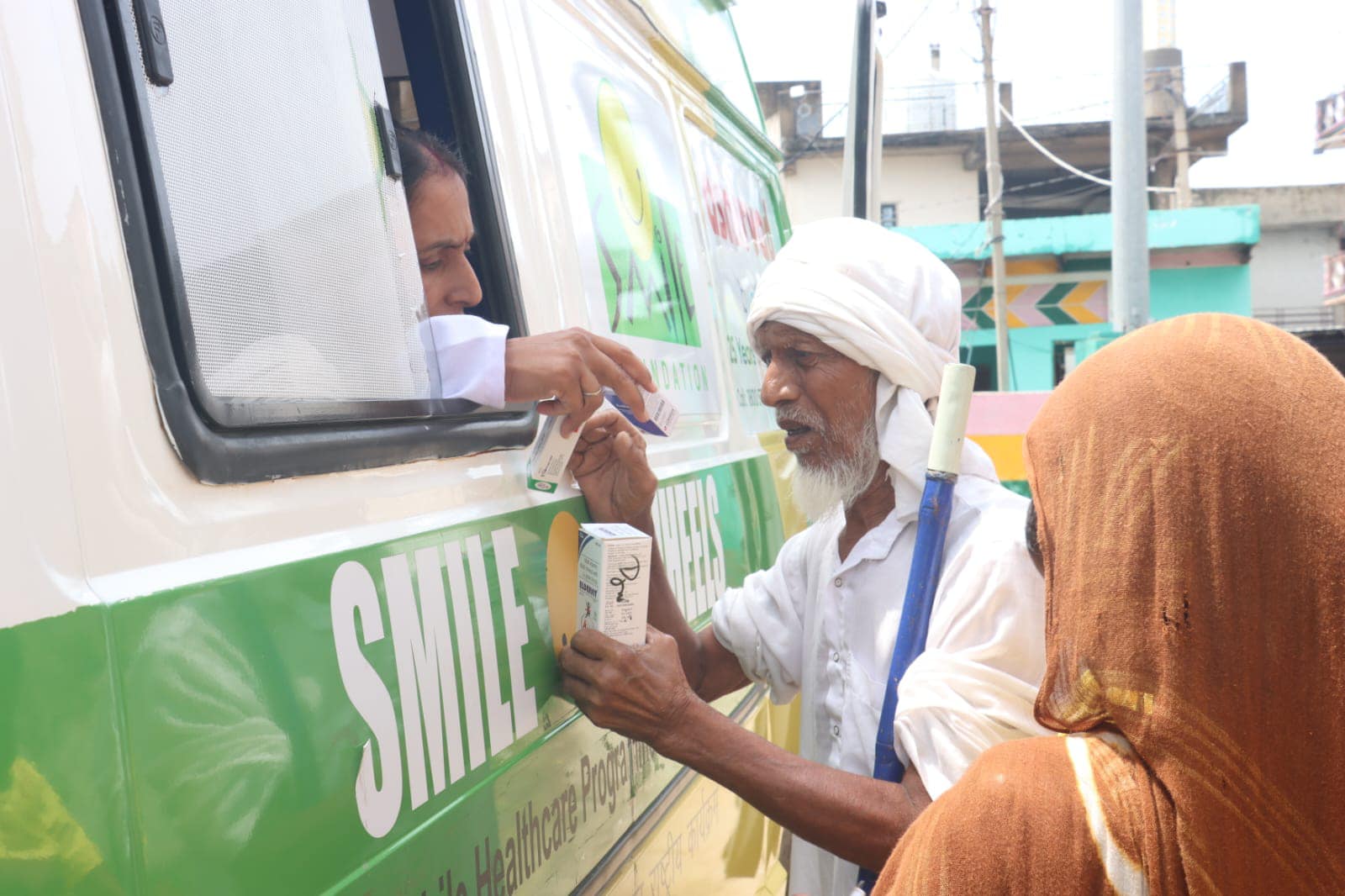Is mental health a universal concern, or has it, too, been divided along socio-economic lines? While mental health is frequently discussed in urban circles, rural communities in India remain largely excluded from these conversations. This is especially concerning given the rising prevalence of mental health challenges among women in rural and economically disadvantaged urban areas.
A staggering 45 million women in India continue to live in poverty. If we consider how many of them struggle with untreated mental health conditions—due to lack of awareness, affordability, and access to care—the urgency of intervention becomes undeniable. In this scenario, corporate-NGO partnerships have the potential to play a transformative role in complementing government efforts to improve women’s mental well-being.
Mental Health: A Critical Concern for Rural Women
Rural women remain particularly vulnerable due to limited awareness, financial instability, restrictive social roles, and domestic violence. The situation is further compounded by deep-rooted social stigmas, where symptoms of mental illness are often misinterpreted—sometimes even leading to women being ostracized or accused of being “witches” due to their unusual behavior.
For many rural women, mental health care is an unfamiliar concept, yet they are expected to continue with their daily responsibilities while battling anxiety, depression, and other psychological challenges.
A study by Gawai and Tendulkar in rural Maharashtra revealed that many married women lack awareness of mental health and remain unaware of the services available to them. This highlights an urgent need to integrate mental health support within rural healthcare systems.
Strengthening Mental Healthcare Services in Rural India
The Indian government has taken a proactive approach by expanding mental health services through the District Mental Health Programme (DMHP) under the National Mental Health Programme (NMHP). Currently implemented in 767 districts, this initiative focuses on:
- Suicide prevention services
- Workplace stress management
- Life skills training in schools and colleges
- Accessible counselling and medication
- Emergency care at district hospitals, community health centres, and primary health centres
- 10-bed inpatient facilities at the district level
While these initiatives offer a strong foundation, a collaborative approach is needed to ensure mental health services are adapted to rural India’s unique socio-cultural landscape. Corporate partnerships with NGOs can help bridge these gaps by promoting community-led solutions that integrate mental well-being into women’s daily lives.
Building a Holistic Mental Health Ecosystem for Rural Women
1. Shifting Perceptions
Mental health support must extend beyond treating disorders—it should focus on building emotional resilience. Awareness campaigns should equip rural women with the tools to recognize stressors, seek help early, and embrace a more balanced, self-sufficient life.
2. Community-Based Medical Interventions
Given the diverse languages, traditions, and customs across India, trained medical staff who understand the cultural complexities of rural communities are essential. Investing in local mental health professionals, community counsellors, and peer-led support groups can make interventions more accessible and impactful.
A Call to Action: Strengthening Mental Health Infrastructure
This year, India’s Union Budget has reaffirmed its commitment to empowering women through education, financial inclusion, and healthcare support. However, achieving long-term impact requires a multi-stakeholder approach. CSR initiatives can play a pivotal role in supporting and expanding mental health interventions by focusing on:
- Reducing stigma through awareness campaigns
- Enhancing medical interventions to prevent associated health complications
- Training community-based mental health professionals
- Developing infrastructure for long-term support and recovery
The World Health Organization (WHO) highlights the need to engage informal networks in accelerating mental health outreach. Corporate-NGO collaborations, such as those led by Smile Foundation, can be instrumental in scaling community-based mental health programmes for rural women.
Our flagship women empowerment initiative, Swabhiman, is dedicated to improving healthcare access, financial independence, and childcare for women across India. By strengthening healthcare infrastructure in underserved areas, Swabhiman prioritizes antenatal and postnatal care, ensuring equitable access to essential services in collaboration with Anganwadis and grassroots organizations.
A key focus is the training of healthcare professionals, enhancing maternal health outcomes and driving policy advocacy for women’s well-being. Additionally, Swabhiman promotes financial independence through entrepreneurship training, equipping women with the skills to build sustainable livelihoods. Through community-based healthcare centres, we raise awareness, reduce maternal mortality, and support long-term empowerment.
Recognizing the deep connection between mental health and overall well-being, Swabhiman also works towards addressing mental health challenges faced by rural women. By identifying early triggers and providing the right support, we aim to ensure that women receive the care they need before concerns escalate, fostering a healthier, more resilient future. Partner with us to help rural women of India live a holistically healthy – life and environment.








